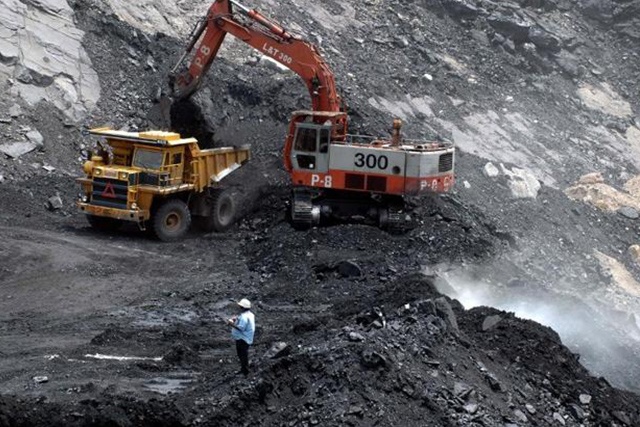Hyderabad: Justice V Naveen Rao of the Telangana High Court upheld the decision of Singareni Collieries Company Limited in assigning alternative jobs to employees with protection of pay and emoluments when found unfit to work in their cadre jobs. The judge dismissed a batch of over 100 writ petitions in which petitioners claimed that as they were not keeping good health, they applied to subject them to a medical examination to test their fitness to continue in the employment. Accordingly, they were examined by the Corporate Medical Board of the SCCL. The Board found that petitioners were not fit to work in the job held by them, most in the underground mine. However, it declared them fit to work on the surface. Hence, the petitioners were provided alternative jobs on the surface. Unsatisfied with the course adopted by the SCCL management, they filed the writ petitions. Dealing with the question as to whether the Mines Act and the Mines Rules prohibit provision of alternative employment on being declared medically unfit to hold the present post, the judge answered in the negative.
The petitioners asserted that once an employee is declared unfit to hold the present job on health grounds, s/he has to be retired and be extended all benefits, including dependent employment and the question of providing alternative employment does not arise. Rejecting the contention, Justice Rao ruled: “As the scheme of dependent employment is an exception to the normal method of recruitment to public employment, it receives strict construction. No right is vested in a person to seek dependent employment as a matter of course. A person can seek the benefit of the scheme only if conditions of the scheme are fulfilled.”
When petitioners are declared fit to do alternative jobs, they cannot insist that they should be retired from service and their dependents be provided employment, he further ruled. In a judgement of far-reaching import, he examined the various provisions of the Coal Mining Act, history of coal mining, National Coal
Wage Management Act, Industrial Disputes Act and ruled that if an employee is declared unfit to do the job held by him at the time of medical examination but declared as fit to do any other job, SCCL is competent to offer an alternative job. An employee can be retired and dependent employment can be provided only if in the medical examination, he is declared as unemployable and unless the illness of the employee makes him unemployable, such employee cannot claim dependent employment. Consequently, the judge found no fault in the decision taken by the SCCL and dismissed the writ petitions.
Plea on pensions
A two-judge panel comprising Chief Justice Raghvendra Singh Chauhan and Justice B Vijaysen Reddy adjourned a matter pertaining to pensioners and family pensioners of retired employees of the State, including High Court. State Advocate General BS Prasad informed the court that the government would make a decision by September 28. The Chief Justice directed the Advocate General to ensure that the government paid the total amount in a single trance and not in instalments. Chikkudu Prabhakar, appearing for the retired employees, sought directions to the government to pay the amount along with interest at 12% per annum. “Let the government first pay the principal amount,” the panel said and adjourned the matter to October 1.
PILs on OGH adjourned
The same panel adjourned a batch of PILs relating to Osmania General Hospital after receiving a report filed by the State government. Earlier the panel had directed State Advocate General BS Prasad to file a detailed report on the area of the hospital showing land in dispute, graveyard and other details through the help of Google Maps. While some individuals and NGOs have filed PILs asking for demolition of the existing hospital and construction of a multispeciality hospital in its place, a few others filed for a direction against the government not to demolish the heritage site. Various counsels appearing for the petitioners contended that no reports had been served to them by the Advocate General’s office thus making them handicap to help the panel for adjudicating the matter. The panel adjourned the matter to September 24 directing the Advocate General’s Office to serve the copy of the reports to the petitioners.



































